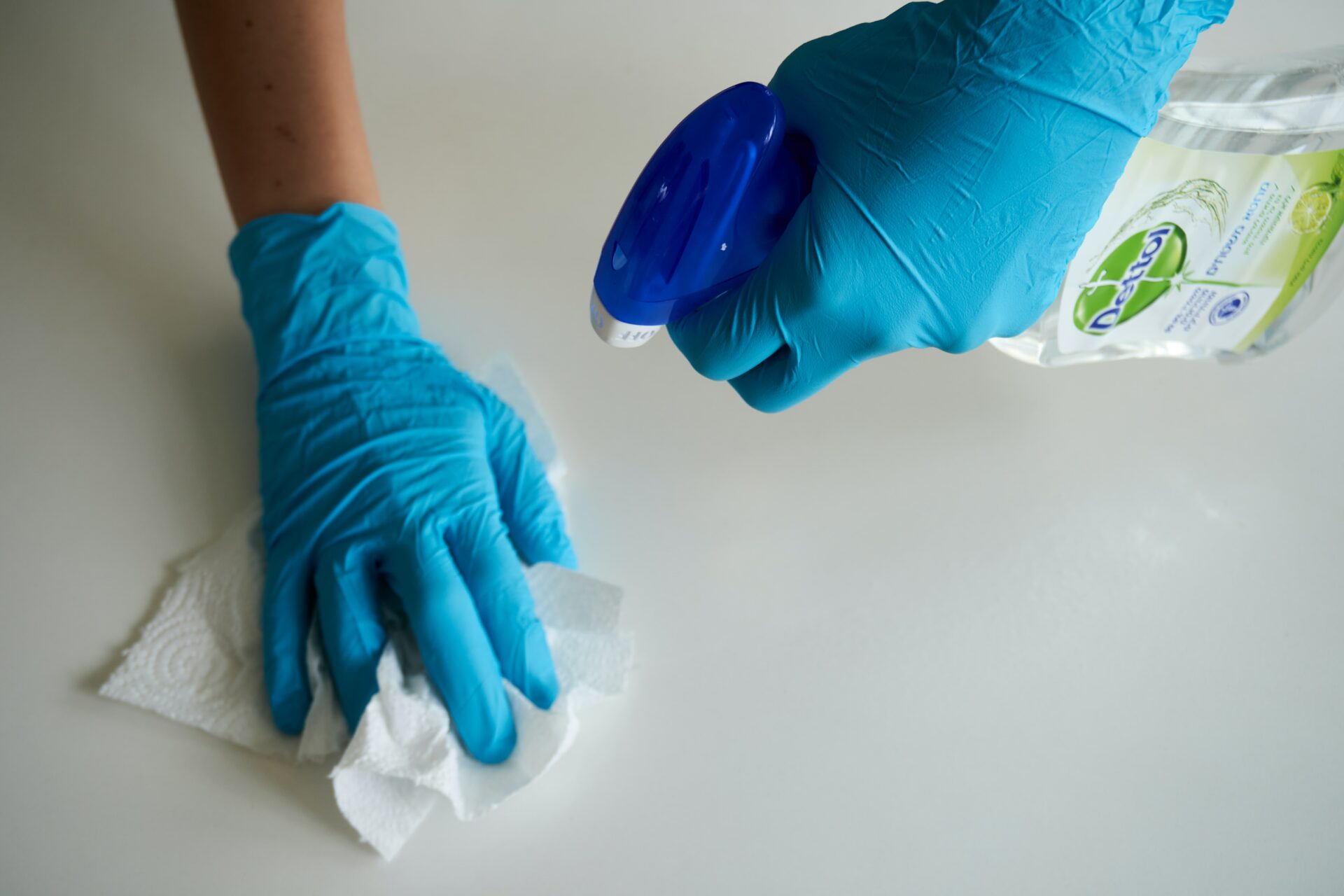In a post-pandemic world, cleanliness is king. From our pocket-sized bottles of hand sanitizers to antibacterial soaps that kill 99% of germs, society has seemingly devised a product, plan or procedure to eliminate viruses and bacteria from any surface, anywhere, at any time. But is this actually keeping us healthy, or does it do more harm than good?
What is the Hygiene Hypothesis?
The Hygiene Hypothesis suggests that our immune system needs to be exposed to a certain amount of bacteria and viruses to develop properly. This theory was first proposed in the 1980s to explain the rising rates of allergies and autoimmune diseases in developed countries.
So, can over-cleaning really affect our health?
Yes and no… Our bodies host microorganisms that help keep us healthy. When this microbial ecosystem is disrupted by excessive cleaning, it is possible to reduce our internal microbial diversity in return and increase our susceptibility to illnesses such as flu, colds and respiratory infections. While the Hygiene Hypothesis was largely popularized after its release, some researchers posit that its findings do not provide the complete picture.
When this study was conducted, it was done without a random test group. Participants were exclusively found in developed countries where medical practices were more advanced, leaving out developing countries where the diagnosis of asthma and allergies is much rarer.
So, what does this mean? The Hygiene Hypothesis is flawed. Even though results show increased allergy and asthma cases due to increased sanitation, it’s just as likely due to modern medical practices being more easily able to diagnose these conditions. Despite this, helpful microorganisms play a role in our immune systems’ development, with overcleaning still affecting their presence.
How can I balance cleanliness and exposure to microorganisms?
It’s important to remember that the issue is not cleanliness itself but overcleaning. Of course, you should take your daily shower and wash your face. Of course, you should not roll outside in the mud for an immune system boost. However, there are methods in the middle that will help you keep clean while staying healthy.
1. Wash with plain soap and water.
Instead of using medical-grade antibacterial products, opt for plain soap and water. This will help remove dirt, grime and germs without harming the beneficial microorganisms, a.k.a good bacteria that help train our immune system.
2. Get active outdoors!
In addition to being a great source of fun, spending time in nature can also help boost our immune system. Outdoor activities immerse us in natural environments, such as forests, that can help increase the diversity of microorganisms we’re exposed to.
3. Adopt a pet.
Pets can be a great source of exposure to beneficial microorganisms that can help train our immune system. Studies have found that children who grow up with dogs in the home have a lower risk of developing eczema and asthma. If you are living with pet dander allergies but are open to a new furry friend, your board-certified allergist can assist in creating a pet allergy treatment plan to help alleviate your symptoms.
4. Take daily probiotics.
Probiotics are live microorganisms that can provide health benefits when consumed and may be a good option for maintaining a healthy gut microbiome and supporting immune function. It’s worth noting that probiotics are also considered beneficial for treating upper respiratory tract infections.
As with all things in life, moderation and balance are key. Creating a clean yet microbially fruitful environment may take some work (and getting used to!), but we’re confident that you can get it done. Plus, don’t forget while we may not be able to help you clean your home, Charleston Allergy and Asthma is always here to support you in your journey to allergy relief.
Clean out your allergy symptoms!
Allergy relief is within your reach! At Charleston Allergy and Asthma, our board-certified allergy specialists are ready to help all our Lowcountry patients live allergy-free. Contact us today to schedule an appointment and explore our site to learn more about our services.




